Advanced Digital Design + Fabrication
ADD+F is a research hub at the Melbourne School of Design that brings together researchers covering a diverse field of expertise, including digital design, construction robotics, 3D printing, mixed reality, and BIM.
ADD+F's key focus is to instigate innovation through a collaborative and cross-technological approach, applying design thinking and experimentation methodologies. The research hub seeks innovative and sustainable solutions that apply to industries – ranging from construction, health and well-being, to the arts, entertainment, and design disciplines.
The Design Research Hub ADD+F:
- explores advanced digital technologies to challenge current design and construction practices seeking innovative and sustainable solutions that apply to industry.
- engages with a wide range of industry partners including construction, health and wellbeing, the arts, entertainment and design disciplines.
- ventures into new directions, formulating novel processes, methods, tools and applications for a future-oriented discipline and profession.
- undertakes explorations through research and teaching in collaboration with national and international partners.
-
Call for PhD's
Members of ADD+F are currently looking for PhD candidates. Follow the link for more information.
-
Future Design Research Symposium
The ABP Symposium is held on the 29th and 30th of September 2022. Hosted by Advanced Digital Design and Fabrication (ADD+F) Research Hub. The Future Design Research Symposium: Experiments, Disruptions, Affordances is a hybrid event bringing together experts over two days of presentations, round table discussions and networking.
- Address:
- Melbourne School of Design
Glyn Davis Building (133)
The University of Melbourne
Parkville Victoria 3010 Australia - Contacts:
- A/Prof Rochus Hinkel
Leire Asensio-Villoria
Dr Alberto Pugnale - addf-research@unimelb.edu.au
Research Projects
-
Kummargi Gadhaba
This project uses computational imaging and analysis to amplify the voice of a single tree on behalf of all plant life by examining the marks created by nonhuman beings and Indigenous Australians who harvested bark for practical purposes.
-
Designing for More-than-Humans – Robotic 3D Clay Printing
A multi-disciplinary design research project, exposing students to the challenges of designing for more-than-human clients
-
Systems Upgrade
The research is a deep study of material artefacts from design history, using advanced digital design and manufacturing tools, to construct bridges between design history research and contemporary creative practice.
-
Design Technology in Contemporary Practice
Research associated to this project reflects on how the world’s most renowned architecture practices use technology to support design and delivery of their projects.
-
The Doppelgänger
Developing digitally manipulated and fabricated artefacts by combining documentation with speculation. Funded by: The UniSA, the SIDA Foundation and the David Roche Foundation Curatorial Research Fellowship.
-
Prosthetic Nests for the Powerful Owl
This project uses more-than-human and interspecies design approaches to make and test prosthetic habitat-structures for the powerful owl (Ninox strenua).
-
ROOM
ROOM: Digital design to fabrication in temporary accommodation options for youth homelessness
-
Clay 3D Printing
Development of clay 3D printing techniques that provide viable fabrication options for the built environment.
-
Indoor Positioning Simulation
The study grounds the method for determining the dynamic and room-specific occupancy limits to improve well-being in indoor environments.
-
Computing and Design Thinking
Development and application of computational tools, processes and theories for automation, optimisation and machine learning in architectural design.
-
Micro-Hortus Conclusus
The research aims of this prototype is an exploration of the capacities for novel fabrication technologies to construct cultivated synthetic micro-ecologies. These synthetic substrate prototypes are intended as components within green roof or wall systems.
-
Right Tree Right Place Right Time
A visual-functional design approach to select and place trees for optimal shade benefit to commuting pedestrians
-
Digital and data-driven innovation in asset delivery, operations and management
Digital and Data-Driven Innovation is transforming how built environment assets are designed, delivered, operated, and managed towards better outcomes for end-users.
-
Parametric Adjustable Mould
PAM is a patented computer numerically controlled (CNC) mould frame designed to produce double curvature concrete panels with a single mould frame.
Members of the ADD+F research hub teach and coordinate graduate and undergraduate coursework with a computational design and technology-driven focus at the Melbourne School of Design. You can find a list of subjects below showcasing the diverse design research undertaken by ADD+F staff.
Digital Design & Fabrication Electives
The Digital Design and Fabrication Electives offer students the opportunity to gain expertise and competence in the understanding and application of contemporary design tools – informing students’ design process, making, and thinking.
All subjects are open for students from the Faculty of ABP enrolled in the Master of Architecture or the Master of Landscape Architecture, as well as students studying any double masters that involves architecture. Quota and admission requirements apply – please check the handbook entries for detailed information.
-
R_Lab: Made by Robots
R_Lab experiments with the use of robots and digital design processes by controlling the uncertainties of complex systems in ways that humans alone cannot.
-
F_Lab: Bespoke Furnitures
F_Lab explores the modern use of timber through process-driven design, blending traditional craft with contemporary fabrication technologies to prototype furniture pieces.
-
Ex_Lab: Experimental Furniture Futures
Ex_Lab is based on material explorations and use of contemporary digital fabrication, ie. 3D printing technologies, to prototype furniture futures.
-
SI_Lab: Spatial Information
introduces students to critical engagement with 3D scanning and virtual reality technologies for the creation, reproduction and representation of spatial environments and novel artefacts.
-
DF_Lab: Designing Making
DF_Lab applies software and hardware components used in leading design practices and of increasing importance for future practice in architecture and construction.
Design Making - Making Design
Melbourne Design Week 2023 - 40 Locations - Poster & AR Exhibition
Building Information Modelling Electives
The BIM Electives aim at developing students’ understanding of available innovative technologies and methodologies, particularly BIM, as crucial elements to the future of the Architecture, Engineering, and Construction (AEC) industry.
-
Building Information Modelling
This subject will introduce BIM principles and break down the jargon in the BIM context. During tutorials, students will work with popular BIM software to develop and coordinate building information models including 3D, 4D and 5D BIM models.
-
Building Information Management
In this subject, students will explore typical workflows of implementing BIM within organisations and on construction projects managed by multidisciplinary teams.
Graduate Research
Design and Creative Practice research are actively supported in the Melbourne School of Design and the University of Melbourne through the PhD model ‘Thesis by Creative Work'. Academics in the ADD+F research hub have the capacity to supervise PhD research projects, especially those with a design and creative practice focus.

Co-Directors:
- A/Prof Rochus Hinkel
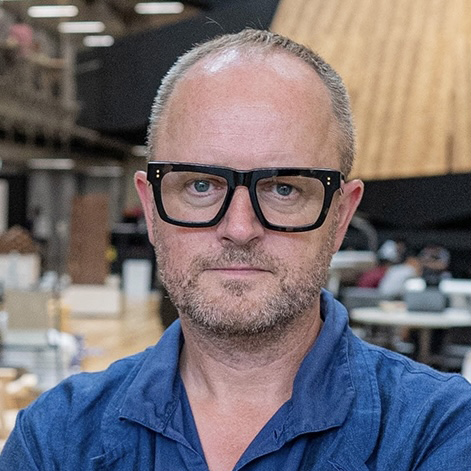
A/Professor in Architecture and Design
- Leire Asensio-Villoria

Senior Lecturer in Architecture and Urban Design
- Dr Alberto Pugnale
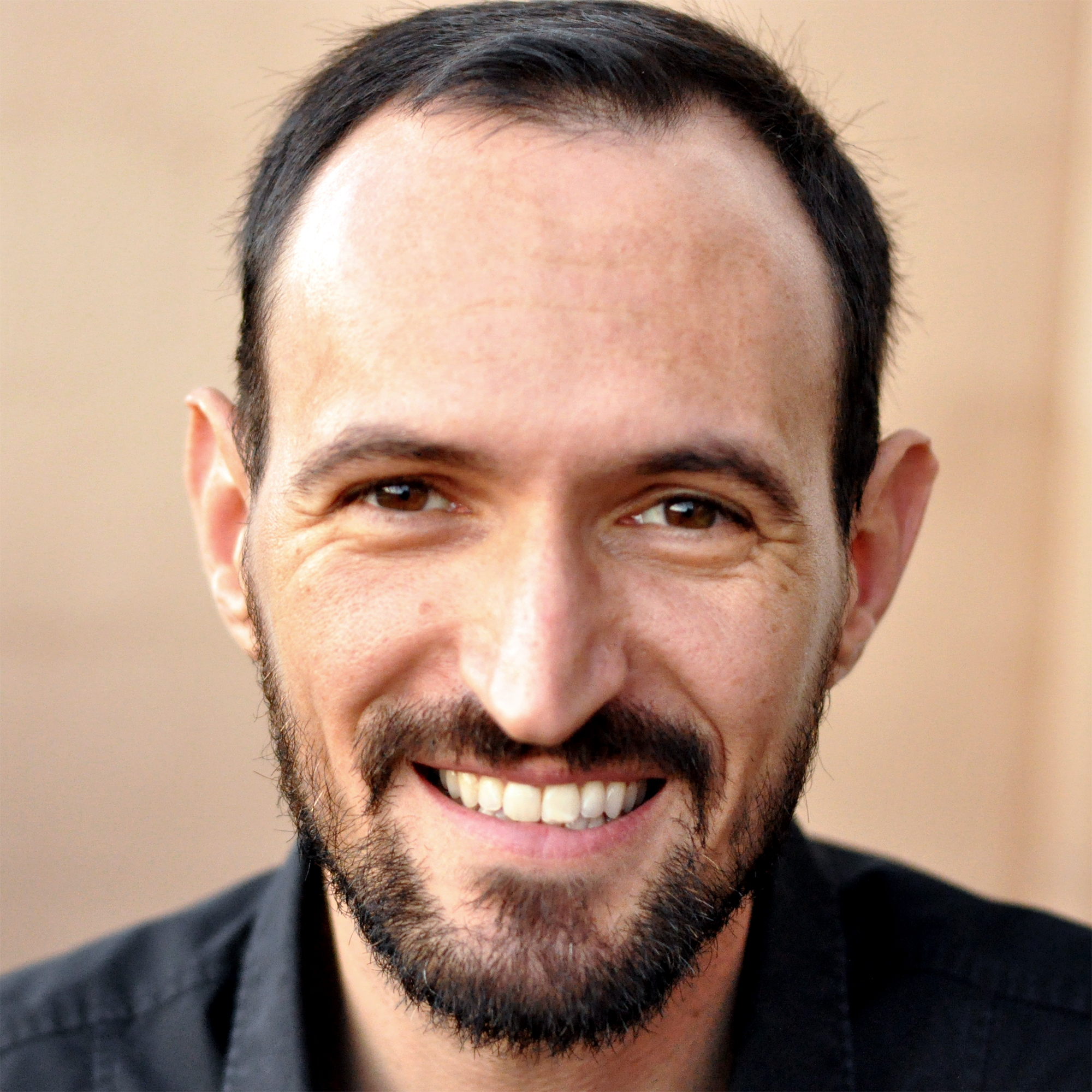
Senior Lecturer in Architectural Design
Researchers:
- A/Prof Ajibade Aibinu
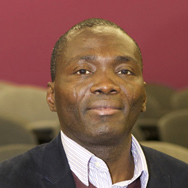
A/Professor in Quantity Surveying & Construction
- Dr Sofia Colabella
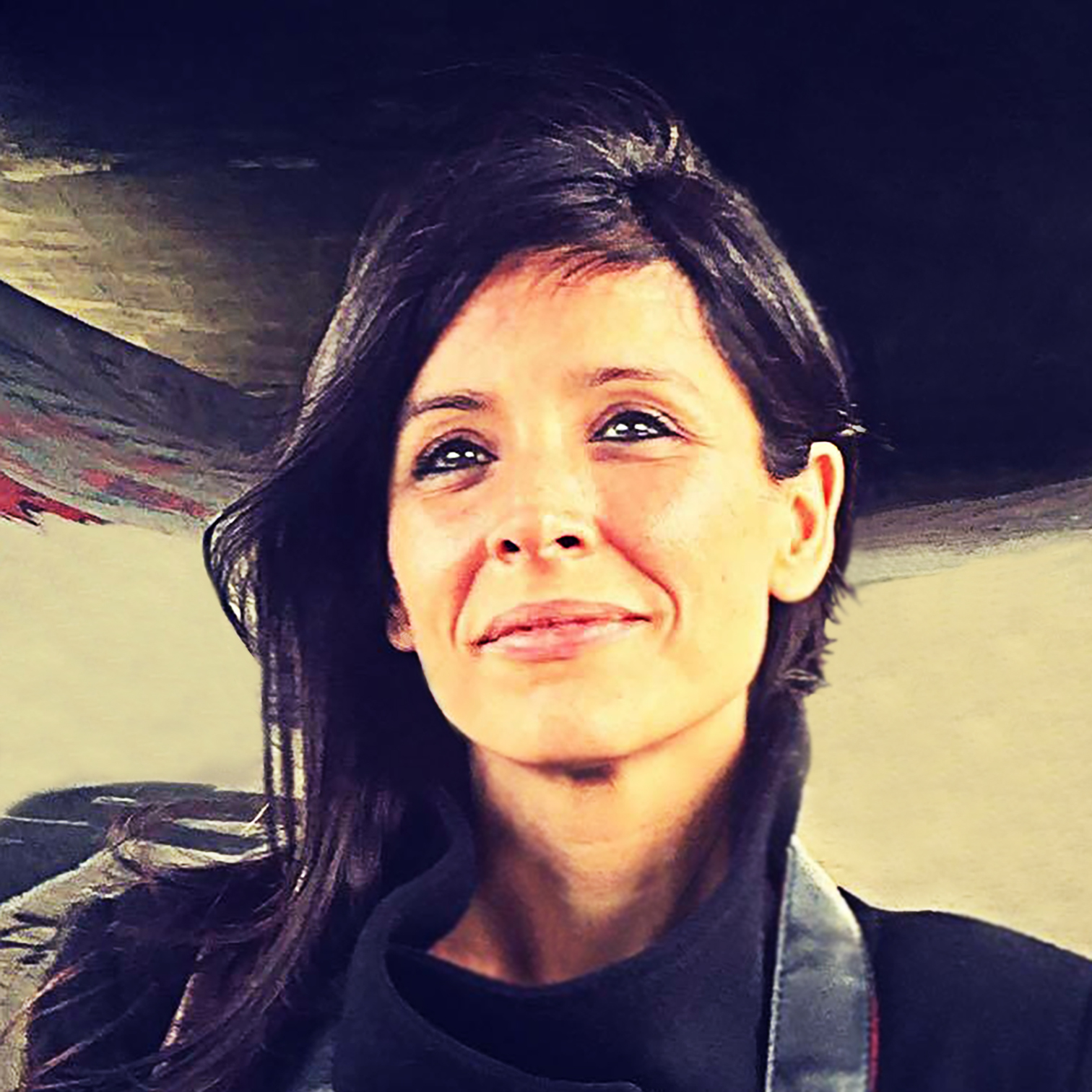
Lecturer in Construction Technology in Architecture
- Dr Dominik Holzer
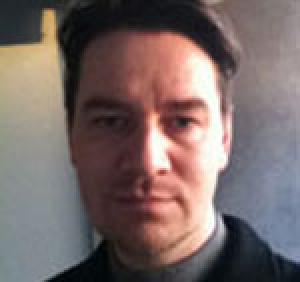
Lecturer in Construction Technology in Architecture
- Dr Nano Langenheim

Lecturer In Landscape Architecture & Urban Design
- David Mah
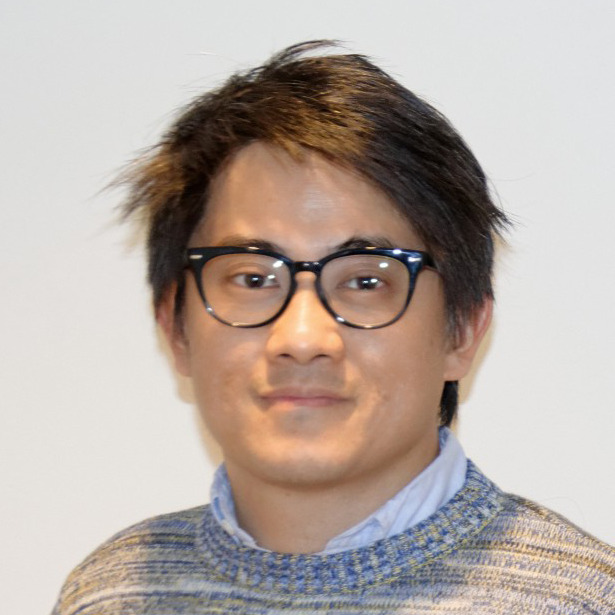
Senior Lecturer in Architecture and Urban Design
- Dr Mehran Oraee

Lecturer in Building Information Modelling
- Dr Stanislav Roudavski

Senior Lecturer in Digital Design
- Dr Djordje Stojanovic
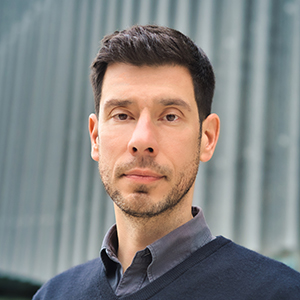
Senior Lecturer in Architectural Design
- Dr Annmarie Brennan
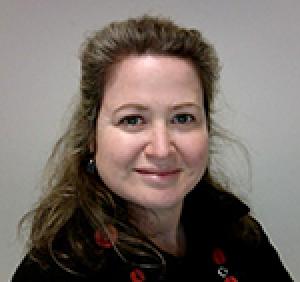
Senior Lecturer in Design Theory
Introducing the Doppelgänger
An investigation into the potentials, promises, specificities and limitations of digital technologies in design.